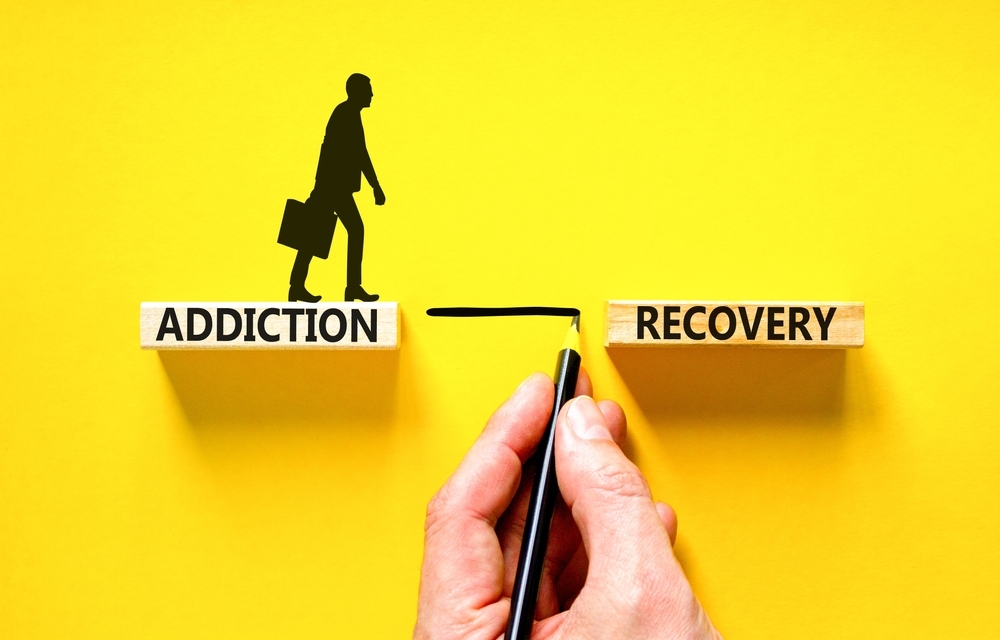
Written by:

Medically Reviewed by:
Last Updated:
December 19th, 2024
Rehab treatment
Rehab, a familiar term to many, carries various interpretations based on individual preconceptions. For some, it may evoke images of celebrity figures seeking refuge from public scandals, while others envision confinement similar to jail, where the overcoming substances are purely enforced.
In truth, rehab offers profound advantages that can help individuals transform their lives by equipping them with the invaluable skills to foster lasting sobriety.
What is rehab?
Rehab, short for rehabilitation, is a comprehensive and structured process designed to assist individuals in recovering from various physical, mental, or emotional challenges. It encompasses a range of therapeutic interventions, medical care, counselling, and support services to promote healing, personal growth, and independence.
When someone is struggling with addiction, rehab provides the tools and strategies necessary for overcoming these challenges. The ultimate goal of rehab is to empower individuals to regain control of their lives, improve overall well-being, and reintegrate into society with enhanced skills and resilience.
Examples of the rehab treatments provided at Oasis Bradford include:
Drug Rehab
Comprehensive treatment program for substance use disorders, combining medical care, counselling, and therapy to help individuals achieve recovery and maintain sobriety.
Alcohol Rehab
Structured treatment program addressing alcohol addiction through detoxification, therapy, counselling, and support to promote recovery and prevent relapse in a safe environment.
Why rehab can be important
Rehab plays a vital role in the journey to recovery for individuals facing substance dependency. Here are just several of the reasons why rehab can be crucial:
- Structured and supportive environment: Rehab provides a structured and supportive environment where individuals can focus on recovering. It offers a safe space away from triggers, negative influences, and everyday stressors, allowing individuals to concentrate on healing and growth. The presence of trained professionals and peers facing similar challenges creates a supportive community, fostering motivation and accountability.
- Expert guidance: The rehab programmes provided at Oasis Bradford are led by healthcare professionals with expertise in addiction, ensuring that the treatment aligns with the individual’s unique circumstances, maximising its effectiveness when overcoming each individual’s battle.
- Access to comprehensive care: Rehab provides access to a wide range of therapeutic interventions and services under one roof. It combines therapy, counselling, and other evidence-based practices to address the physical, emotional, and psychological aspects of substance abuse. This holistic approach enhances the chances of successful outcomes by treating the underlying causes and promoting overall well-being.
- Skill development and coping strategies: Rehab equips individuals with essential skills and coping strategies to navigate the challenges of substance dependency effectively. Through therapy sessions, individuals learn healthy coping mechanisms, stress management techniques, relapse prevention strategies, and tools for maintaining sobriety or managing their condition.
- Peer support and community: Rehab offers opportunities for individuals to connect with peers who are going through similar experiences. Group therapy sessions and support groups foster community, empathy, and understanding. Sharing experiences, challenges, and successes with others who can relate can provide a powerful support system and help individuals feel less alone on their journey.
Rehab is important in overcoming substance misuse because it provides a structured, supportive, and comprehensive approach to recovery. By gaining access to expert guidance, skill development and peer support, rehab empowers individuals to overcome their addiction and regain control of their lives.
Signs you might want to consider rehab
Recognising the need for rehab is a crucial step towards recovery. It is essential to listen to oneself and pay attention to signs that indicate the need for professional assistance.
Some indicators that may suggest the need for rehab can include:
- Persistent and uncontrollable cravings or urges to use substances.
- Inability to control or moderate substance use despite negative consequences.
- Experiencing withdrawal symptoms when attempting to stop or reduce the chosen substance.
- Neglecting responsibilities, such as work, school, or family obligations, due to substance use.
- Engaging in risky behaviours, such as driving under the influence or unsafe sexual practices while under the influence.
- Experiencing deteriorating physical health, such as weight loss, chronic fatigue, or frequent illness, due to substance abuse.
- Noticeable changes in behaviour, mood swings, or increased irritability when not using the substance.
- Developing tolerance and requiring higher doses of the substance to achieve the desired effect.
- Withdrawal from social activities, hobbies, or relationships that were once important.
- Failed attempts to quit or cut back on substance use independently.
If you or someone you know exhibits these signs, reaching out for professional assistance and support from Oasis Bradford is crucial in the battle against substance abuse.
What does rehab treatment at Oasis Bradford involve?
The treatment process for substance dependence at Oasis Bradford initiates with a medically supervised detox to eliminate any remaining traces of the substance, such as alcohol or drug, from the body.
While detox is generally safe under medical supervision, it can be challenging due to potentially intense psychological withdrawal symptoms, such as depression and strong cravings. The severity of these symptoms varies depending on the individual and the extent of their substance use, and it is during this initial phase the risk of relapse is highest as individuals may seek relief from the demanding withdrawal symptoms.
Oasis Bradford offers round-the-clock medical supervision to ensure the necessary support and creates a safe atmosphere for inpatients during detox.
Following detox, patients transition to rehab, where they dedicate time to their physical and mental recovery.
Within the rehab programme, Oasis Bradford incorporates various therapeutic approaches, including:
- Holistic approaches: We integrate holistic therapies such as meditation, yoga, and mindfulness. These complementary practices aim to enhance overall well-being, reduce stress levels, and help individuals reconnect with themselves physically, emotionally, and spiritually.
- Individual therapy: Dialectical behaviour therapy (DBT) is a therapeutic approach that combines cognitive-behavioural strategies with mindfulness techniques. DBT supports individuals in managing cravings, regulating emotions, and coping with the challenges associated with substance use.
- Group and family therapy: Group therapy provides peer support, enabling individuals to connect with others who share similar experiences. Additionally, involving loved ones in family therapy helps repair relationships and actively engages them in recovery.
- Aftercare: Recovery from substance dependence extends beyond the treatment facility and requires ongoing dedication and support, particularly in the early stages. Oasis Bradford offers a year’s worth of free aftercare, including online group therapy and membership in the alumni network, which provides expert support and fosters a supportive sober community.
Our unwavering commitment lies in providing comprehensive support throughout every step of the recovery journey, guiding individuals towards transformative and enduring positive changes in their lives.
Debunking rehab myths
Rehab is only for severe addictions or dependencies
One common myth about rehab is that it is only necessary for individuals with severe addictions or dependencies. In reality, rehab can benefit individuals at various stages of substance abuse or behavioural addictions. It is not solely reserved for those who have hit rock bottom or lost complete control over their lives. Seeking early intervention through rehab can prevent the escalation of problems and provide effective tools for managing addictive behaviours.
Rehab is a cure that guarantees permanent recovery
Rehab is an essential step in the recovery process, but it does not guarantee permanent recovery or act as a cure-all solution. Recovery from misusing harmful substances is an ongoing journey requiring commitment, effort, and support. Rehab equips individuals with valuable tools, coping strategies, and resources to initiate and sustain their recovery. However, maintaining sobriety or managing mental health requires ongoing self-care, participation in aftercare programmes, and a commitment to healthy lifestyle choices beyond the rehab period.
Only weak-willed individuals need rehab
One prevailing myth is that only weak-willed individuals or those lacking self-control require rehab. This misconception stems from the misunderstanding that addiction is solely a result of personal flaws or moral failings. In reality, addiction and mental health disorders are complex conditions influenced by genetic, environmental, and psychological factors. Rehab provides a supportive environment and evidence-based interventions to help individuals overcome these challenges, regardless of their willpower or strength.
Make the change today
If you or someone you know is ready for rehab, don’t hesitate to reach out to us today. Our dedicated team of experts is here to provide you with the support, guidance, and information you need. Take the first step towards positive change today and contact us; we will be more than happy to answer any questions and discuss your options.
Frequently Asked Questions











